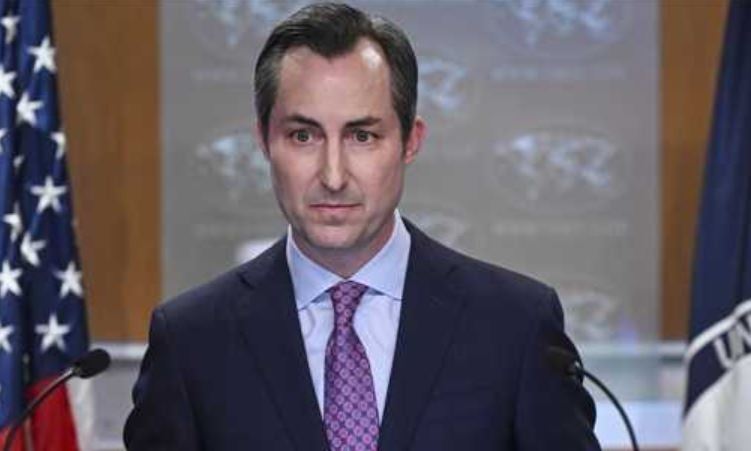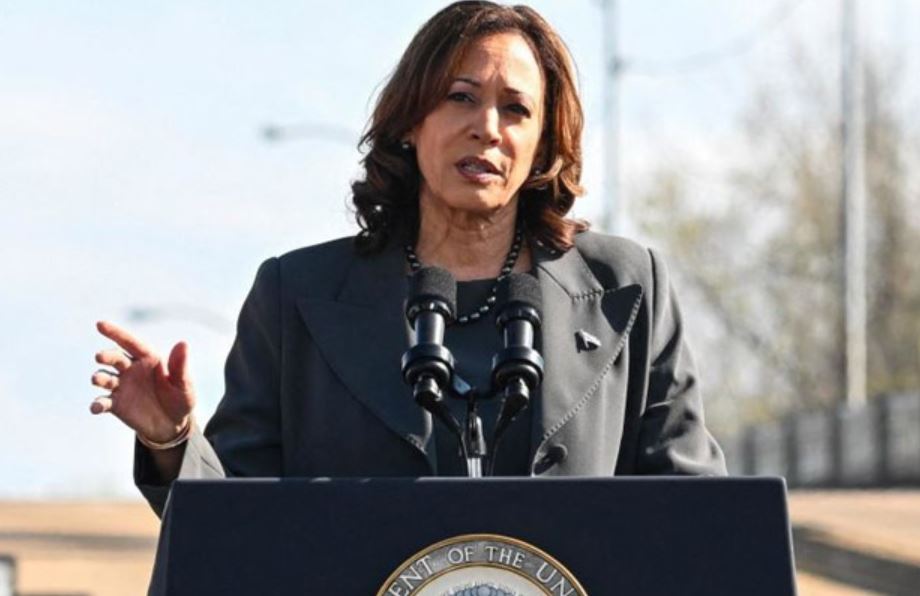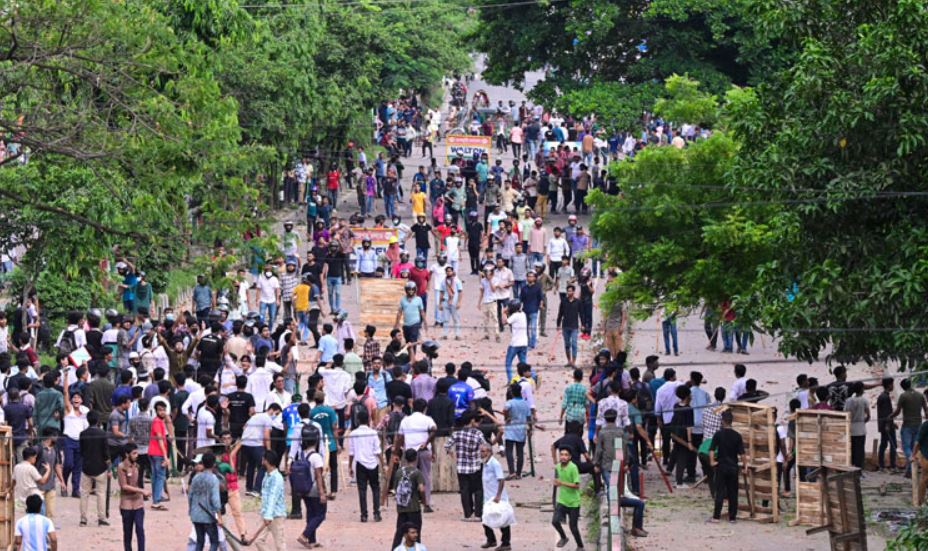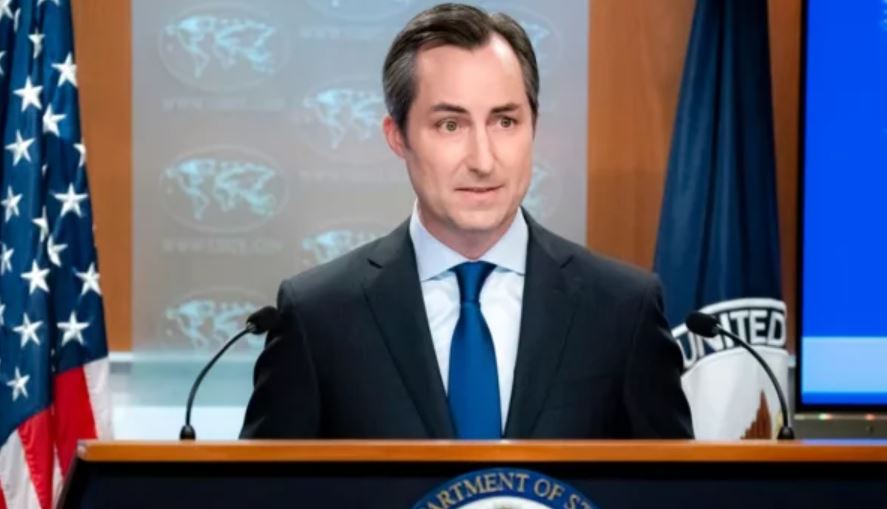Chinese Foreign Minister Wang Yi will pay a rare visit to Tibet on Friday. He also visited the disputed border areas with India. The military stalemate on the border between the two countries has been going on for the last three months and there are no signs of it being resolved.
India’s name was not mentioned in the foreign ministry statement. But Chinese observers say the border visit is unusual and has symbolic meaning.
Diplomatic talks and military negotiations have failed to resolve the long-running border stalemate, which is getting bigger and bigger and giving rise to bitter disputes over trade, technology, investment and geopolitics.
Wang, China’s special envoy to the border talks with India, said security and stability in Tibet were of great importance to China’s overall development. He called on diplomats to work with local officials to protect national security in the face of unprecedented challenges in the Corona-North world.
Wang made the visit a day before Prime Minister Narendra Modi’s address to the nation on India’s Independence Day.
China has a long and unmarked border with India, most of which is with Tibet.
For the first time in 50 years, Wang, China’s top official, visited the border area after the bloody clashes in the Galwan Valley on June 15. Twenty Indian soldiers, including a colonel, were killed in the clash.
Rejecting international concerns about the human rights violations and oppression of Tibetans, Wang praised Tibet’s achievements under President Xi Jinping, especially in border security with India.
He praised the border infrastructure development and poverty alleviation initiatives in the region, saying Tibet was playing an important role in developing economic and trade relations with neighboring countries.
Guo Xu, a political scientist at Nanjing University, said it was rare for a foreign minister to visit Tibet. Such visits take place when a region becomes regionally and internationally important.
Wang visited Tibet five years ago when Xi convened a meeting on Tibet in Beijing.
Gu Xu said Wang had sent a message to all quarters in the country and abroad during his visit to the border area. And that is, Beijing reaffirmed its sovereignty over the disputed border areas.
Gu and Wang Dehua, an India expert at the Shanghai Municipal Center, both said China did not want to see itself weakened by India’s hawkish position.
After the Galwan incident, Modi’s nationalist government imposed a ban on Chinese companies and investments, banning 59 Chinese apps, citing national security excuses.
They have embraced the US Indo-Pacific strategy to deal with China, as well as increased military power and increased arms purchases.
Wang said Wang’s visit was aimed at gaining support and formulating strategies to deal effectively with India. Especially when India is still swinging between New China and the United States.
China obviously doesn’t want a war with India, but we have to be prepared for all sorts of situations, and that’s probably what Wang is doing in Tibet, he said.
Sun Sihani, another expert at Sichuan University, said Tibet has long been a sensitive issue for Beijing. India or any foreign power must be careful not to use the Tibetan card.
Sun added that the conflict with India would not be beneficial for China. So Beijing will probably keep the current policy.
2021-05-04 17:19:26






































আপনার মতামত লিখুন :